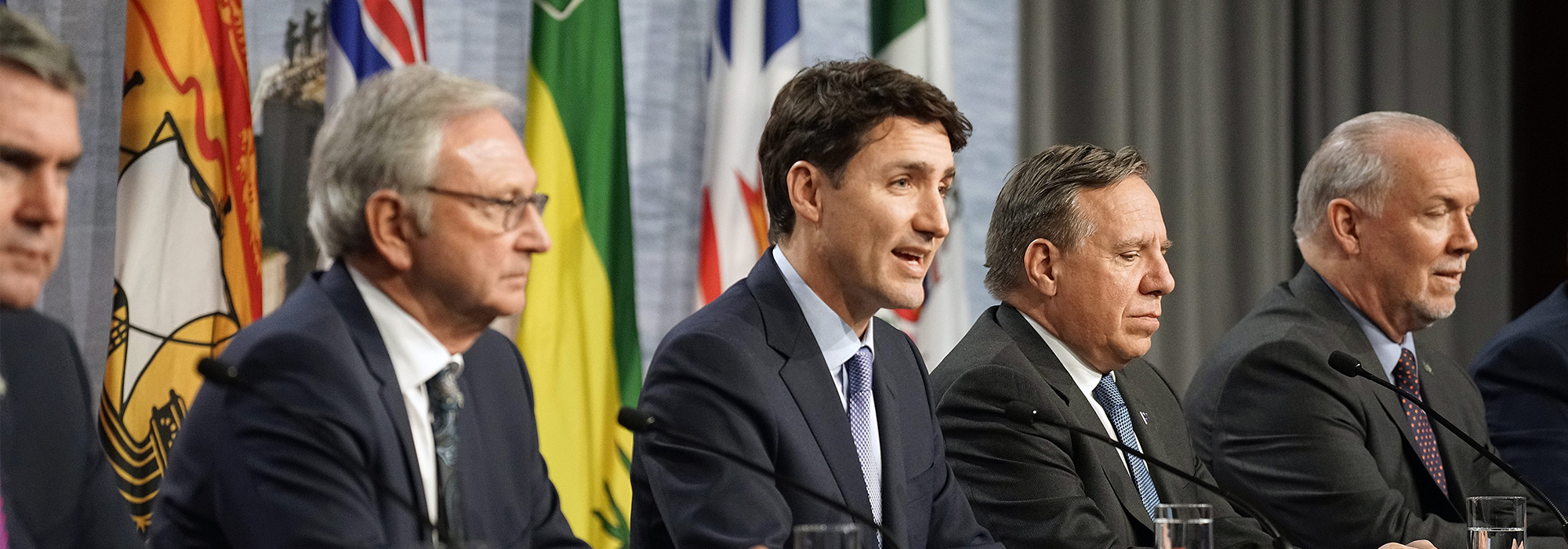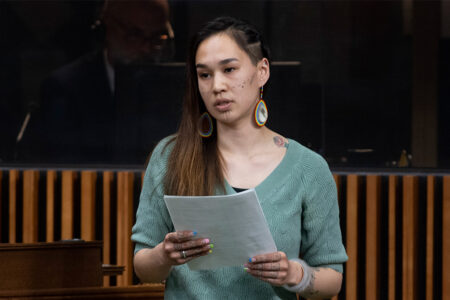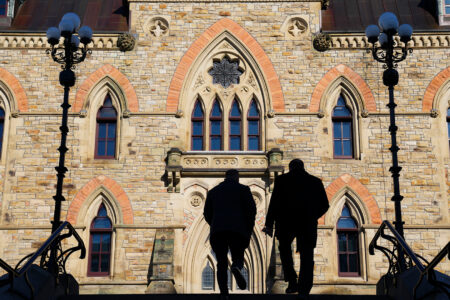
When Prime Minister Stephen Harper sought a second mandate in 2008, he vaunted his government’s record on the five priorities he had campaigned on in the previous election. He was able to declare “mission accomplished” on four of the five priorities, but his government had made substantially less progress on health care wait times. This was perhaps not surprising ─ it was the only priority that would have required significant intergovernmental engagement and collaboration. Today, as Prime Minister Justin Trudeau prepares to face voters, it is difficult to name any policy issue on his list of priorities that does not have meaningful intergovernmental implications. In fact, as the 2019 election approaches, it is becoming clear that intergovernmental policy issues will play a major role in the campaign.
The policy issue that is most likely to surface is carbon pricing. This is not just because Andrew Scheer’s Conservatives are very critical of Trudeau’s carbon pricing policy; it is also because conservative premiers such as Doug Ford, Jason Kenney and Scott Moe have made fighting the carbon tax a top priority. At present, the prime minister seems to be losing ground on this issue in the court of public opinion, but the real test will come when Scheer unveils his own climate change policy and voters pass judgement on its credibility. Whichever party forms the next government, fulfilling campaign pledges on climate action will hinge on the daunting task of getting the provinces onboard.
Pipelines are also likely to be a divisive issue during the 2019 federal campaign. On the one hand, the NDP and the Green Party will attack the Liberals for their decision to buy the Trans Mountain Pipeline. On the other, the Conservatives, backed by their allies in provincial capitals, will attack the Liberals for letting what they see as unnecessary environmental red tape stand in the way of economic development. Moreover, if Kenney keeps pushing for the revival of the Energy East pipeline project, as he did during the recent Alberta provincial election campaign, this could create a conflict with the Quebec government. That in turn could present a political headache for the federal Conservatives, for whom the path to victory runs through la Belle Province. The federal party leaders have not explained how they intend to bring onside provincial premiers who disagree with their positions. That, more than any commitment for or against a specific pipeline, will be the key determinant of success.
Equalization is another issue that could increase interregional tensions during the election. Kenney’s pledge to hold a referendum on equalization proved popular during the recent Alberta election campaign, but the commitment has been very poorly received in other regions of the country. Setting aside the willful distortion of what equalization is and how it works, a provincial referendum on this issue could rekindle sentiments of unfairness in wealth redistribution across the federation. In the short term, this could give Trudeau an opportunity to stand as the defender of equalization. Scheer would find himself in a difficult spot between allies in Western Canada and the Quebec voters he needs to bring onside to have a chance of forming a government. But an even greater risk in playing politics with equalization is the tears these tensions could cause in Canada’s federal fabric. All the leaders – federal and provincial – should tread carefully here.
Three other issues might exacerbate intergovernmental tensions during the 2019 campaign. First, irregular border crossings ─ in places like Lacolle, Quebec ─ are likely to feature prominently in political strategies, and the specifics will depend on how that situation evolves over the next few months. As scholars Mireille Paquet and Robert Schertzer have recently argued, the federal and provincial governments will have to collaborate closely for there to be meaningful progress on this file. In the short term, however, we are likely to see partisan considerations weigh more heavily in the calculus of federal parties.
Second, linguistic minority rights are likely to be raised during the campaign. Here it will be tempting for the Liberals to make protection of francophone minorities outside Quebec a pledge that differentiates them from the Conservatives. Recent protests against Ontario and New Brunswick over cuts to services (cuts carried out by conservative governments) grew much larger than expected in Quebec and other provinces. Scheer should state clearly where he stands on the issue of linguistic duality and official languages – specifically, what his position is vis-à-vis the actions of the Ford and Higgs governments – but Trudeau should refrain from unduly politicizing what should be an issue on which there is consensus across the political spectrum.
Finally, it remains to be seen whether the Liberals and the NDP will move the defence of religious freedom to the forefront in the context of the debate over Quebec’s secularism legislation, Bill 21. Doing so could become a source of controversy in Quebec, and it could also help breathe life back into the Bloc Québécois. The Bloc recently installed a billboard in the Ottawa area to tell federal politicians to mind their own business, because only “Quebec knows what’s right for Quebec.” Considering what happened to the NDP in Quebec back in 2015, when Thomas Mulcair took a principled position on the niqab and hurt his party’s standing in the polls, both the Liberals and the NDP might opt for a cautious approach here. Conversely, it will be tempting for the Conservatives to use the issue as a bridge to Quebec voters who support the Coalition avenir Québec. Immigrant and minority voters across the country will also be watching closely what position the parties take.
Although policy issues with significant intergovernmental components are likely to shape the upcoming federal campaign, what we are not likely to debate is intergovernmentalism itself. Given the hyperpartisan nastiness we are already seeing in exchanges between our political leaders and their committed followers, that is probably not a bad thing.
Yet citizens should take note of the common thread that runs through all of the issues we have explored here; that is, tensions are rising and it is becoming increasingly difficult to build provincial consensus on national decisions ─ in effect, to govern Canada. A consortium of think tanks from across the country (including the IRPP) recently published a survey report entitled Canada: Pulling Together or Drifting Apart?, which documents our sense of belonging, the rising interregional tensions, and frustrations with federal arrangements. According to this report, agreement that federalism has more advantages than disadvantages (“strongly agree” and “somewhat agree” combined) stands at only 46 percent in Quebec, and it is a mere 33 percent in Alberta and Saskatchewan. Only 16 percent of Canadians have “a great deal of confidence” in our ability to resolve internal differences.
Making sure the plumbing of Canadian federalism is functioning well is work that seldom grabs headlines. It requires great nuance and skill. Still, it should be priority number one for whichever party forms the next government.
This article is part of the Provincial Dynamics and the 2019 Federal Election special feature.
Photo: Prime Minister Justin Trudeau (centre) presiding over the First Ministers meeting held in Montreal, Quebec, on December 7, 2018. The Canadian Press Images, by Mario Beauregard.
Do you have something to say about the article you just read? Be part of the Policy Options discussion, and send in your own submission. Here is a link on how to do it. | Souhaitez-vous réagir à cet article ? Joignez-vous aux débats d’Options politiques et soumettez-nous votre texte en suivant ces directives.








